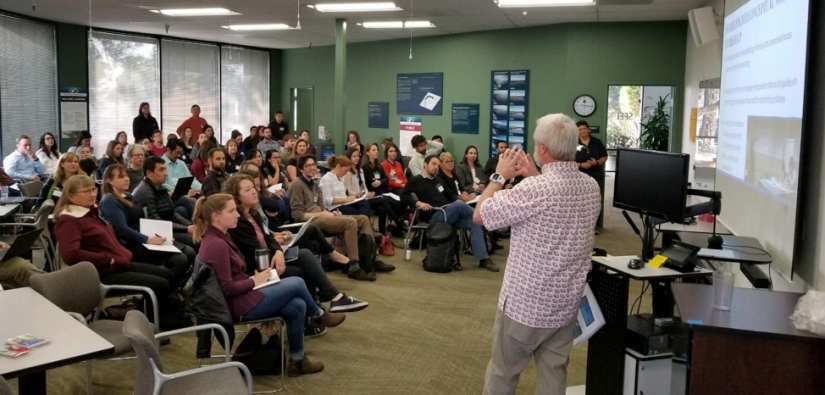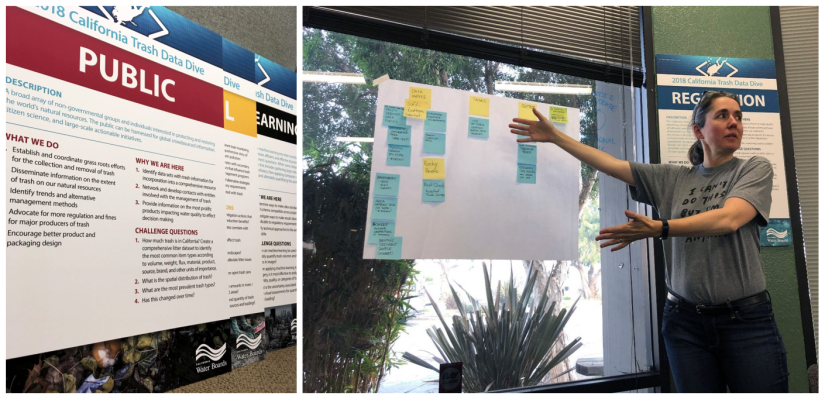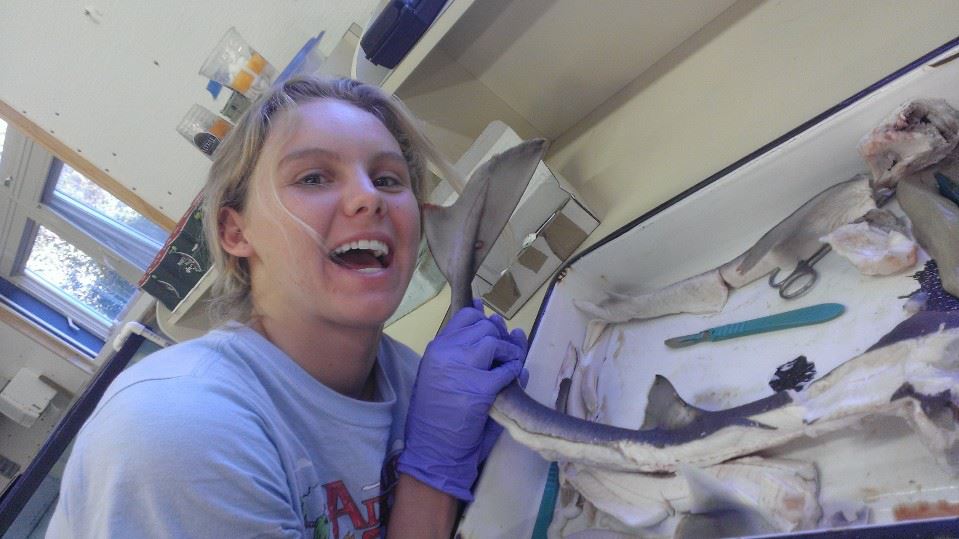Free your data and your mind will follow.
My time at the State Water Resources Control Board, Office of Information Management and Analysis (OIMA), and some important truths about state scientist work:
First truth—most state government jobs are desk jobs, including fellowship positions. But this is not a bad thing. It turns out that scientists are really good about doing their job—research—but not so good about sharing it.
Second truth—most state scientists need help telling their story. Think of scientists as artists and fellows as museum curators.
Say an artist paints a radical picture of an octopus tap dancing with a cane and a bowler hat, frames it up on her wall, and thinks, “everyone’s going to see that right? Like all my friends that come over?” …right. And even if she threw some huge party where hundreds of people crammed into her tiny one-bedroom studio and Snapchatted, Instagramed, and tweeted this audacious octo, she would still only be reaching her extended network of friends and not the people who need to know (in this case the National Academy of Fine Art because this swagtastic cephalopod deserves critical acclaim!).
This is where the fellows come in. Similar to museum curators showcasing art around a theme, California Sea Grant State Fellows synthesize and connect relevant science to those who make big decisions about our environment.
At the Office of Information Management and Analysis, we have a special job: translate those scary huge spreadsheets of data the scientists collect into pretty graphs and interactive maps that anyone can understand. And while that is a large part of what I do, I also advocate for better use of data science in decision-making and regulatory programs.


Third truth—state scientists and fellows get to work on awesome projects. I was asked to lead the 2018 California Trash Data Dive. This event brought together data scientists and trash experts to tackle the growing trash issue in California. I was able to bring together experts from government agencies (e.g. CalRecycle, CDPH, NOAA), private companies (e.g. Litterati), and nonprofits (e.g. 5Gyres and Save Our Shores) along with data scientists to produce a series of data visualizations which tells a statewide trash story.
Events like this allow fellows to have hands-on experience and influence in how information is assessed and communicated. As artist’s curators, we must respect the artist’s vision while ensuring that all those whose lives will be changed by art, have a chance to see and understand the tentacles of influence.
By Nicole Hack (@knicknackhack)
